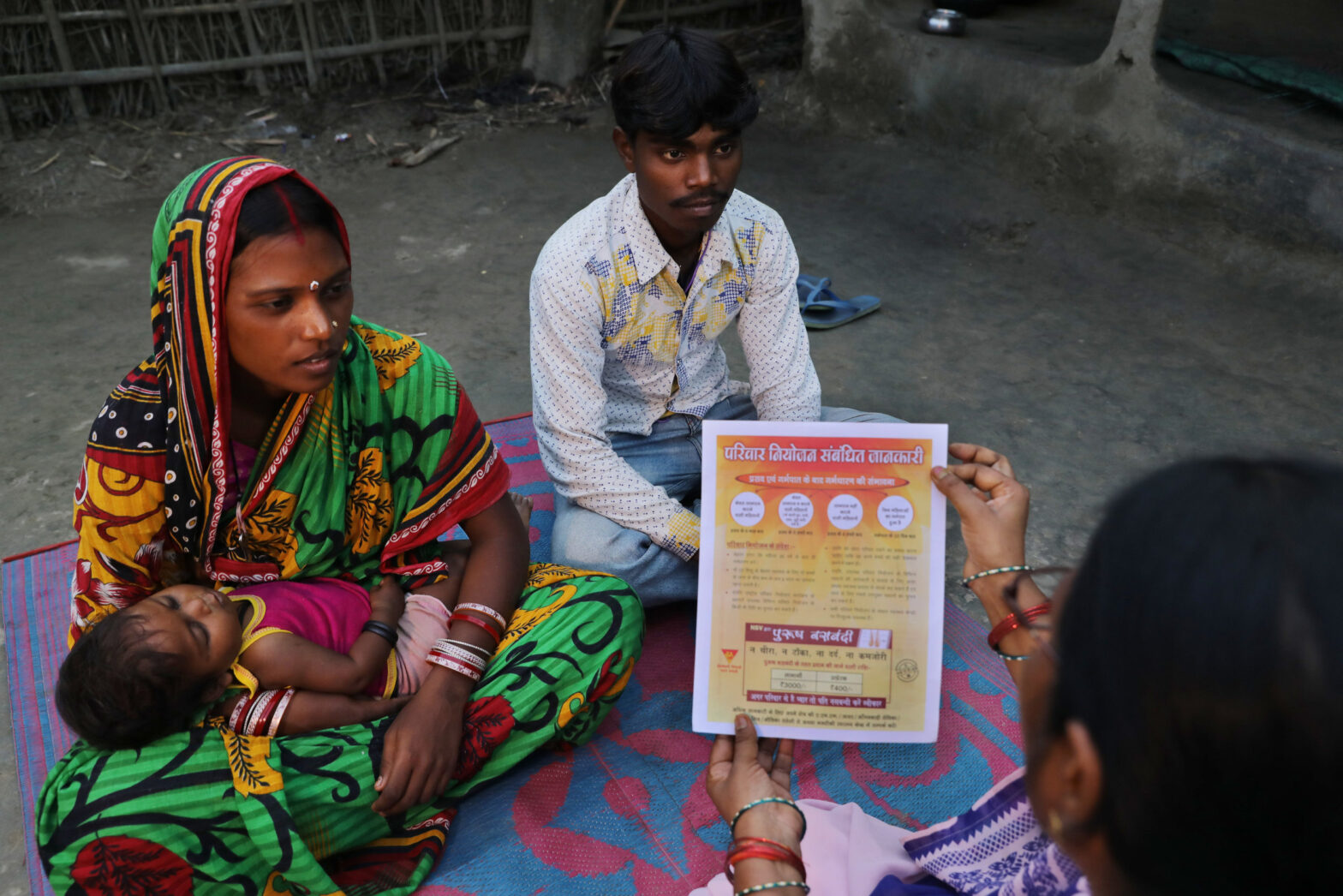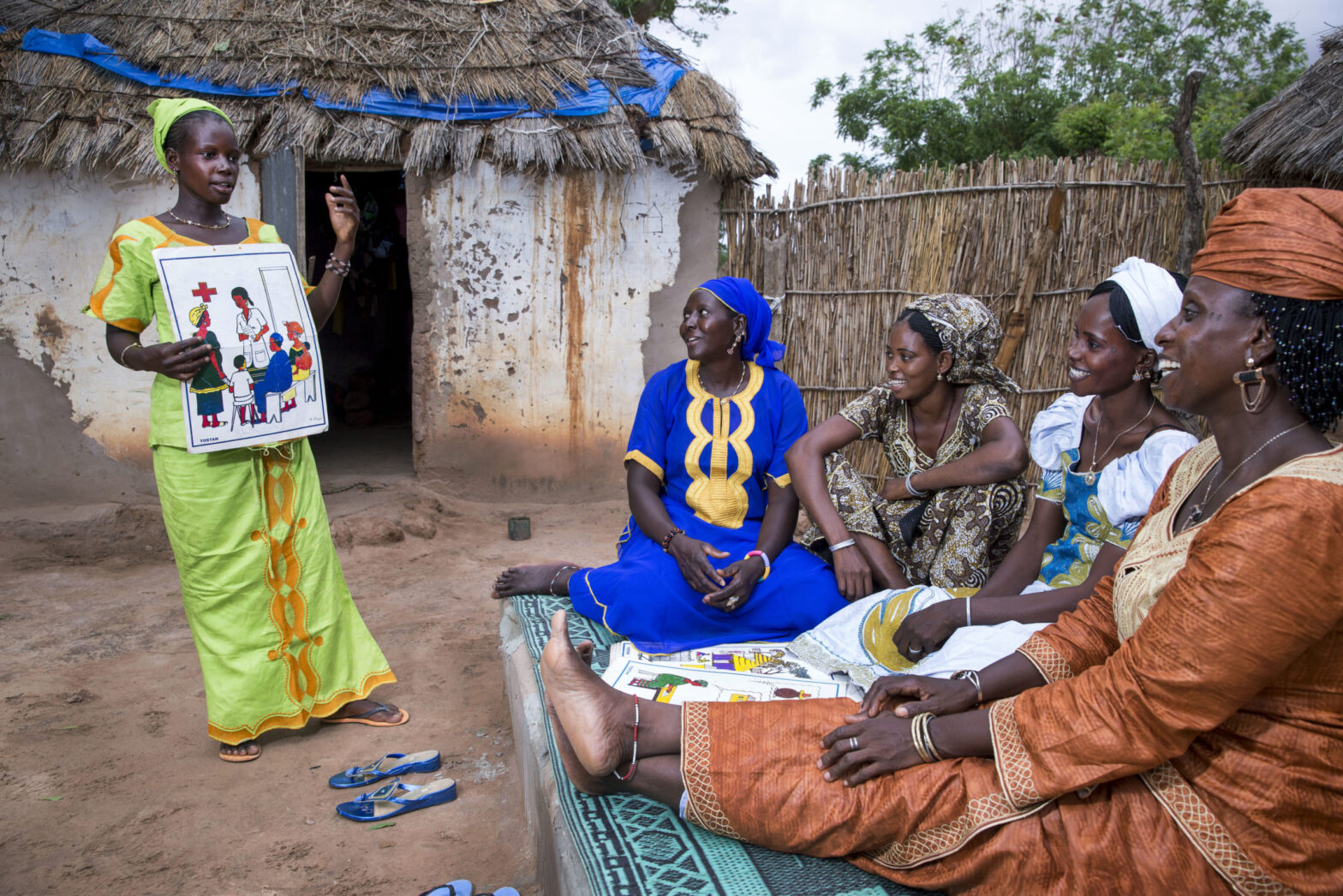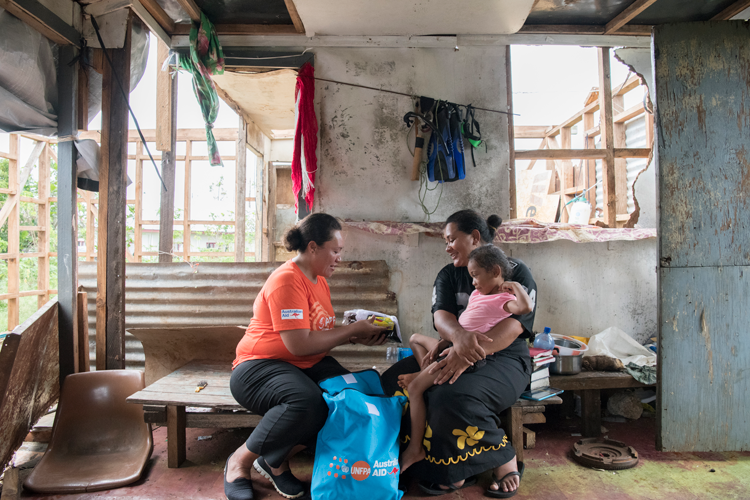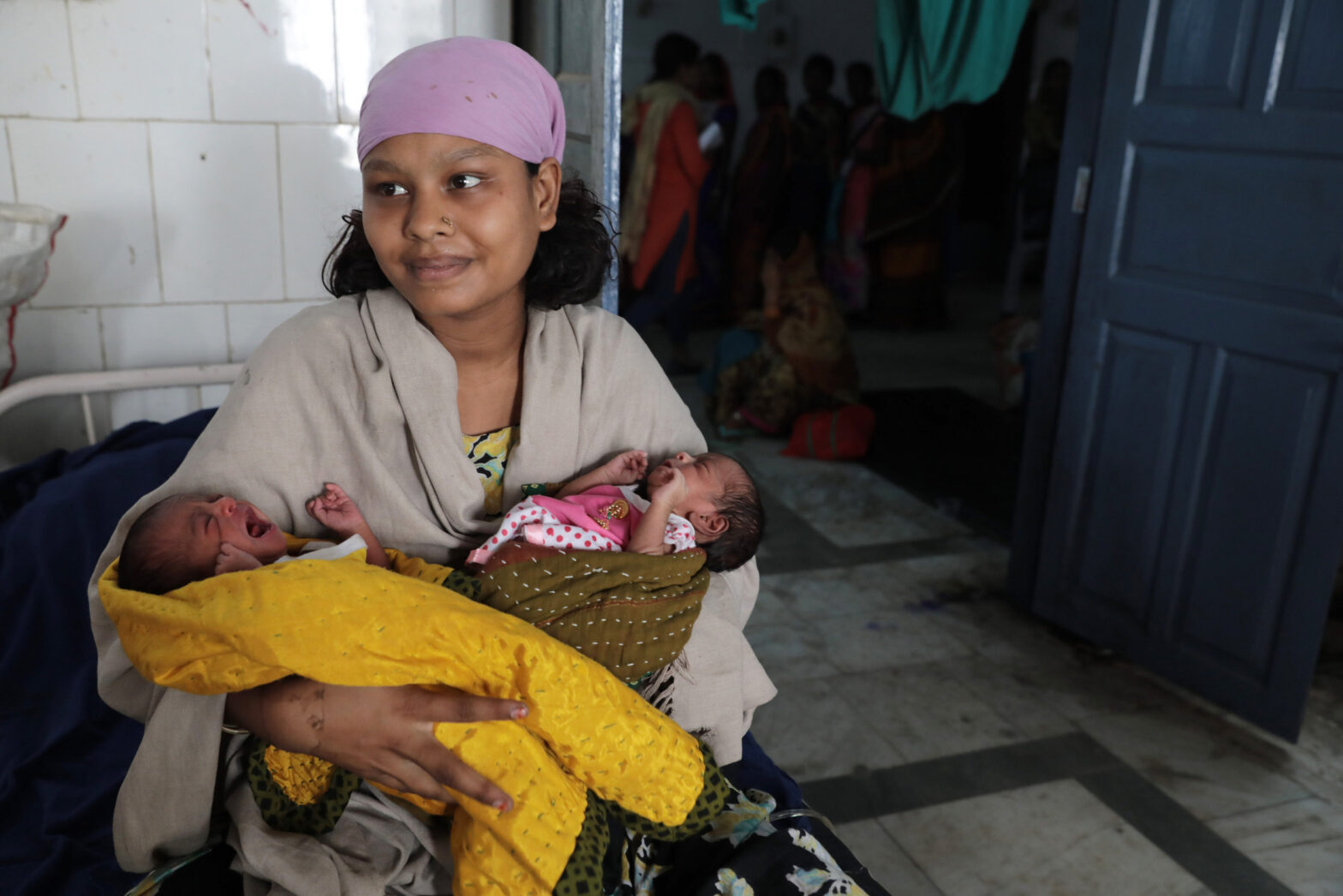We (Copper Rose Zambia, IYAFP, and other youth-led organisations, with the support of FP2030) are taking the movement for equitable partnerships with young people to the next level!
Category: FP2030 in the Media
Universal Health Coverage: Not without family planning
Universal health coverage (UHC) characterizes an ideal where all people have access to the health services they need, when and where they need them, without financial hardship. In the same way that the long-term consequences of the COVID-19 pandemic will place a heavy burden on health systems, so too will the lack of reproductive health care.
National ownership of family planning: What do FP2020 commitments have to do with it?
This paper seeks to understand the political economy of commitments and normative best practice within FP national programs, contributing to “stock taking” of change objectives for national ownership and domestic financing of FP programs post FP2020.
FP2020 Arc of Progress 2019-2020: Media Coverage
FP2020: The Arc of Progress, the final report of the partnership, reveals that 320 million women and girls are now using modern contraception, an increase of 60 million additional users since 2012. Below is a round-up of media attention the report has received. The Telegraph, Contraception use hits record high in world’s poorest countries but misses 2020 target,… Continue reading FP2020 Arc of Progress 2019-2020: Media Coverage
Ready to Save Lives: New Tool to Prepare for Continuation of SRH Care in a Crisis
The Ready to Save Lives toolkit features a series of learning briefs capturing SRH preparedness activities from multiple countries and contexts.
Family planning, reproductive health to be declared ‘essential services’
The services related to family planning and reproductive health are being declared ‘essential services’ so that they are not discontinued in any situation arising out of pandemic or natural disaster.
Protect Adolescent Health in Pandemic Response
À l’occasion de la Journée internationale de la jeunesse, nous sommes heureux de partager notre nouvelle déclaration commune, rédigée avec l’Association internationale pour la santé des adolescents (IAAH) et plusieurs autres associations cliniques mondiales qui appellent les pays et les cliniciens à protéger la santé et le bien-être des adolescents tout au long de la période de lutte contre la pandémie.
How has coronavirus disrupted family planning?
As resources are diverted, The Stream asks how women can be protected.
Did You Miss FP2020’s Webinar on “Exploring Digital Platforms for Family Planning during COVID-19”?
FP2020's webinar on digital health for family planning during the COVID-19 pandemic brought together presenters from a variety of projects, all of which are leveraging technology to meet the needs of their clients in new ways. Missed the webinar? Knowledge Success has provided a recap.
"Connecting Conversations" Series Launches
Setting the Stage for Understanding and Investing in Adolescent and Youth Reproductive Health








